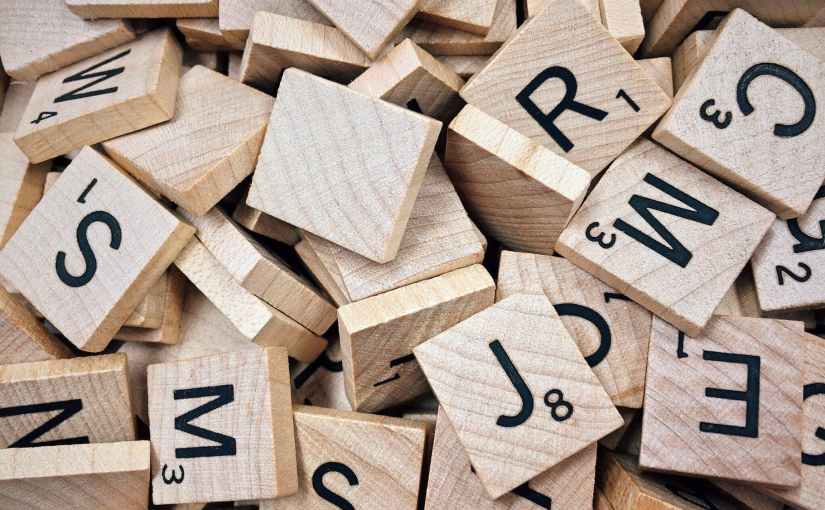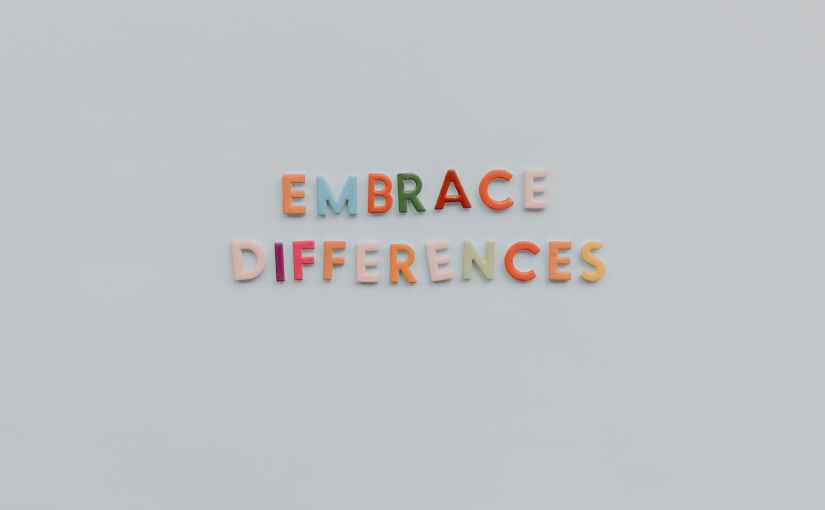by Katie Munday (they / them)
There is a large distinction between the terms neurodiverse and neurodivergent, neurodiverse meaning everyone and neurodivergent meaning people who diverge from what would be considered normal or majoritive. I have explored these terms in greater detail in: Neurodivergent or neurodiverse? Why getting it right really matters.
But, do the same rules apply to the terms gender diverse and gender divergent? In a nutshell: no, not really.
The term gender divergent has been used to describe trans+ experiences in blogs and other writings, however it is not widely used in research and academic work. Gender diverse is a term often used to describe people who are transgender, non-binary or otherwise not cisgender (this can include questioning people too). The term gender diverse is used in medical settings and research, following the precedent of The World Professional Association for Transgender Health (WPATH), a non-profit, interdisciplinary organization in the US devoted to equitable transgender health.
Sometimes the terms gender variance and gender non-conformity are used instead, however the later can be used to describe cisgender people whose gender expression (the way they dress, talk, walk etc) is considered outside of their perceived binary gender. An example of this would be a man who was assigned male at birth who wears dresses and skirts but still considers himself to be cisgender. Gender non-conformity is a matter of culture, what is normative in some place and groups is considered entirely inappropriate in others, and this can vary from person to person and across time too.
So, a singular person can be gender diverse.
Gender diversity, unlike neurodiversity, does not include all genders, purely genders which diverge from the normative ideals of the culture in which the person is situated. Despite all the things I have come to understand about the importance of the distinction between diverse and divergent within the neurodiversity movement, there is a whole new language and way to understand ourselves as gender diverse people.






